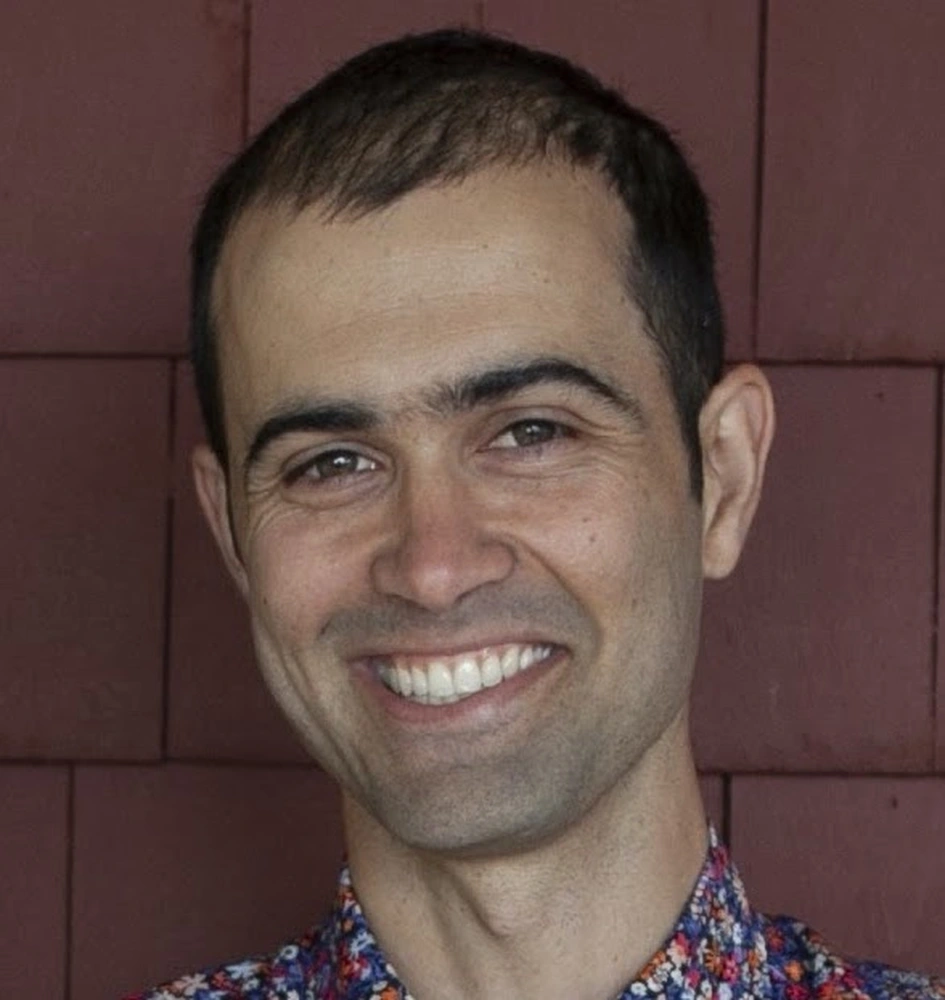
Join us in welcoming our new Assistant Professor of computational neuroscience, Dean Pospisil. You can peruse his research projects via the Pospisil Lab homepage.
1 - Can you briefly share your academic and professional background that led you to the Department of Psychology at the University of Illinois at Urbana-Champaign?
During my undergraduate training, I majored in neuroscience at Pitzer College, where I completed a thesis on the McGurk effect in the pitch domain. After graduation, I completed a Watson Fellowship studying the intersection of neuroscience and art. I studied classical drawing techniques in Florence, ancient rock engravings in South Africa, and Thangka paintings used as meditative aids in Nepal. I conducted my doctoral work in the lab of Dr. Wyeth Bair at the University of Washington, where I developed tools to evaluate and interpret single-neuron tuning in the visual cortex using deep networks and novel statistical estimators. I completed my postdoctoral work in the lab of Dr. Jonathan Pillow, where I developed novel population-level statistical estimators of neural dynamics and sensory representations.
2 - Looking ahead, what do you hope to achieve during your time at UIUC's Department of Psychology? Are there any long-term goals you're aiming for?
My research goal is to understand the miracle that is the nervous system. My strategy is to address three key challenges in systems neuroscience: deciphering complex sensory representations, inferring mechanistic models of neural population dynamics, and solving statistical estimation problems in high-dimensional neural and behavioral data. I believe meeting these challenges offers a clear path to a mechanistic understanding of intelligence. Specifically, by characterizing the brain’s representation of the environment, inferring causal models of its internal computations, and developing statistical methods to constrain these models with finite, noisy data, we can obtain an interpretable account of how an organism’s brain senses, computes, and acts.
My teaching goal is express the fascinating problem of understanding the brain in such a manner that it enriches students' lives whether they continue in academic research or not. I hope that over a long teaching career I can have substantial cumulative impact such that there is a greater appreciation for the incredible mystery we experience directly through our consciousness every day.
3 - On a personal note, what do you enjoy doing outside of your academic and professional life? Any hobbies, interests, or experiences you'd like to share?
I love being with my family. The other day my daughter asked what is 6 and I said it was the number after 5 and she yelled 'WHY!!!'. I was flabbergasted. In addition, I enjoy writing, running, and being in nature.